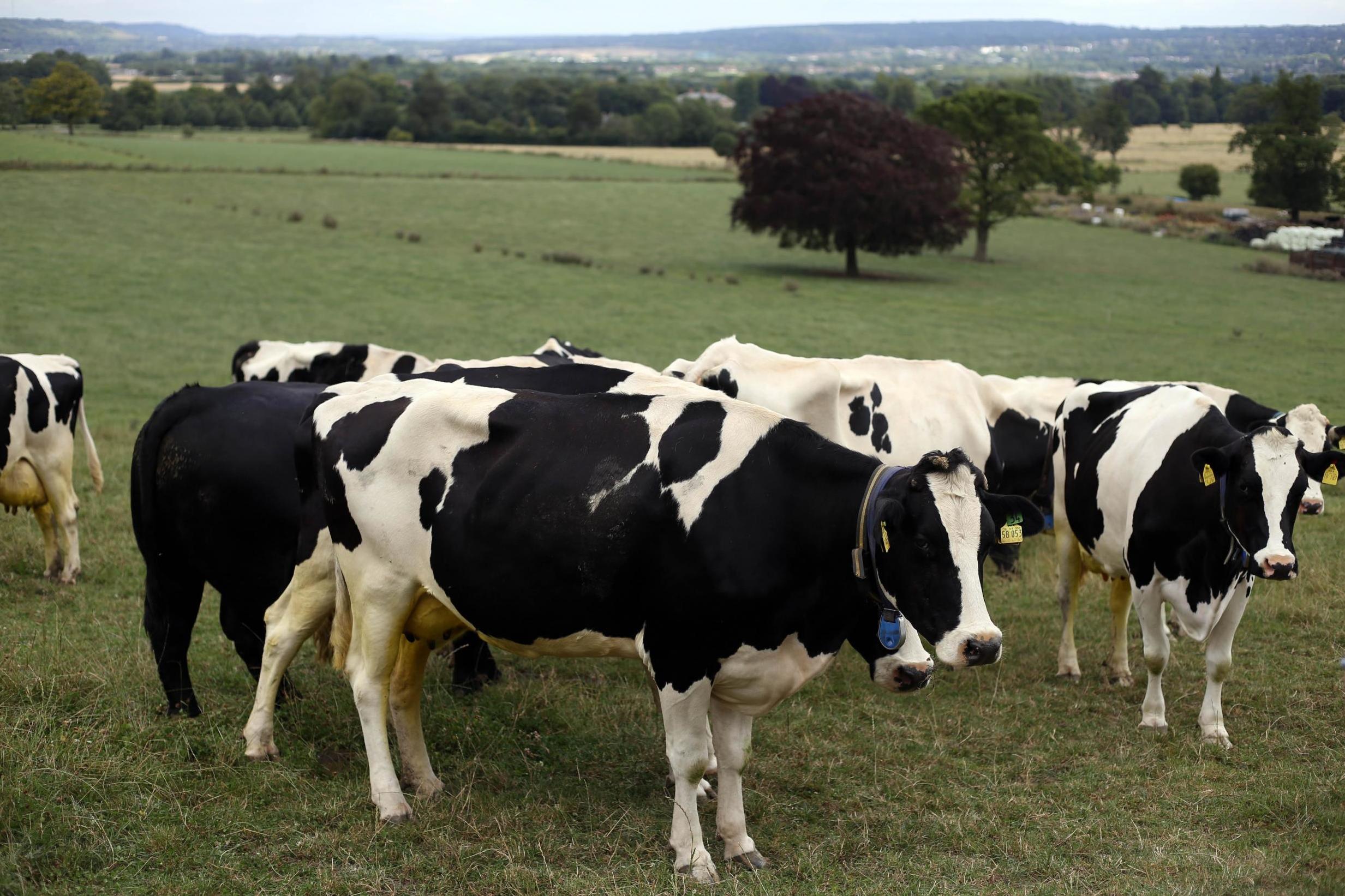The foundation he set up aims to encourage society at large to reduce its intake. “We’re used to thinking about food as a personal choice so in our brain we’re accustomed to it being in this different category. But once you understand that factory farming and the products it produces are so connected to so many issues that are detrimental not just to ourselves but to others, it allows us to recognise that what comes out of your mouth is just as important as what goes into your mouth.” He suggests supporting policy initiatives and encouraging restaurants to broaden their menus as small actions that can help.
While there has been some light government intervention around food when it comes to personal health, including improvements to school dinners and the levy on sugary drinks, food ethics has traditionally been outside the realm of parliamentary politics.
Dr Marco Springmann, who led the research group that published the report in Nature, says the stakes are too high for politicians to remain squeamish about regulation. “Just yesterday I had a meeting with civil servants from Defra [the Department for Environment, Food and Rural Affairs] and they were commenting that dietary change is a contentious topic and politicians don’t want to get close to that. We saw similar statements from some politicians after we released the report. I think they’re just so afraid of not being electable if it appears to be trying to prescribe what people eat. If there is not a substantial change within society first, politicians won’t lead the way because it’s too controversial.”
He says he is hopeful there will be a groundswell of change, particularly in big cities where restaurants specialising in plant-based dishes are popular. But millennials cannot make the change on their own. “The challenge is to make it not only a very trendy thing for young folks but also to make it accessible for the older generation.”
A big problem with relying on vegetables becoming increasingly fashionable, though, is that it is a global issue that needs a global solution. Even if it becomes cool to eat less meat in western metropolitan cities, will that offset increases in meat consumption elsewhere in the world? Since the death of Mao Zedong in 1976, pork demand in China has increased by an average of 5.7% each year. It is now the biggest per-capita consumer of pork products in the world.
But Springmann says small local changes can still have a global impact. “If you look at why people in China eat the way they eat, for one they have a huge rise in income levels so they can afford more meat, but why do they even want to eat meat? Well they very often look towards the west to see what rich people eat,” he says. “If you talk to a Chinese person and you say you’re vegetarian for example they don’t get it. But if there is a large enough group that eats that way and it’s clear that it is progressive rather [than] a sacrifice, then it would be a strong signal to rapidly industrialising countries like China that want to catch up.”
Even in the west, people switching from animal to plant products does not necessarily mean an immediate reduction in meat and dairy production. In the US, a decrease in dairy consumption has led to lower milk prices, meaning that farmers are now overproducing to try to offset their loses. Thousands of gallons of unwanted milk have been turned into processed cheese and is sitting in warehouses across the US, uneaten.
But there are reasons to be optimistic. In California, campaigners petitioned for a ballot measure that would make intense factory farming of caged chickens illegal. It passed during the most recent midterm elections and although Peta and others say it does not go far enough, itis a step in the right direction.
If, in the UK, councils fine people for not recycling and high-emissions cars can be banned from the centre of London, it is time for individuals, companies and governments to actively work to reduce people’s meat intake, whether they want to or not, campaigners say.
Springmann says if we do not get over our squeamishness about making these changes quickly, things are going to get a lot worse. “If we continue with our current levels of meat consumption, it’s very likely that we will have more flooding, more hurricanes, extreme weather that is associated with exceeding the two-degree target for climate change ... if nothing is done then those pressures could increase by 50 to 90% and by that time it will basically exceed all environmental limits or so-called planetary boundaries that define a safe operating space for humanity.”













Comment